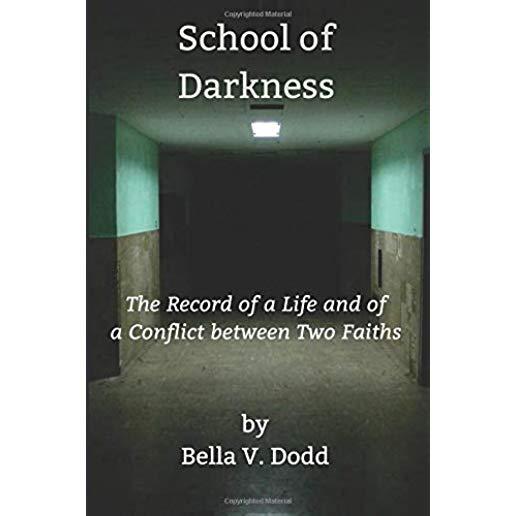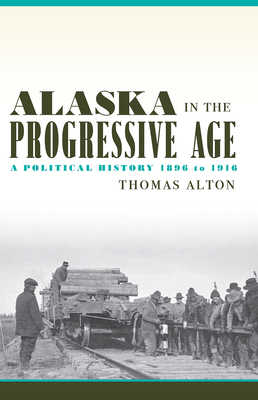
Dodd, Bella V.
product information
description
8Bella Dodd's story is a human document of immense importance to Americans today. Here are the inner workings of the Communist Party in this country as seen from the secret counsels and strategy meetings of the National committee, to which she belonged for a crucial span of years. As long ago as the 1940's, the Party was planning cynically to use the Negroes as instruments in the revolution-to-come in the United States. The theory, contrived by Stalin and unleashed by Foster, was to encourage "self-determination of the Negroes in the black belt" and the establishment of a Negro nation with the right to secede from the United States. Bella Dodd's is a story familiar to many a young American idealist who saw in Communism a new gospel and who worked sacrificially in the cause until the inevitable bitter day when the cause betrayed him. For her that day came almost too late for her own salvation, for as she tells us, "it takes a long time to 'unbecome' a Communist." As a brilliant young college instructor, and one with legal training, Bella Dodd attracted the attention of top Communists by her unremitting fight to improve the pay and working conditions of New York City's teachers. Her conversion to Communism was a slow infiltration of the mind by an appeal to love of humanity, a vision of a better society and wider social justice. She rose in Party ranks to National Committee membership and was as well the legislative representative of its New York State Committee, a member of the State Board and the State Secretariat. This report of her activities and those of the high-up Party leaders covers the historic period during World War II of the Democratic Front, the Rapp-Coudert investigation of Communist teachers, the propaganda drive in behalf of Loyalist Spain, the work of the Women's Trade Union for Peace, the goings-on in the famous 'Ninth Floor" of Communist headquarters. She recreates the atmosphere of suspicion and conspiracy which was part of the air she breathed in those days. She reports tense sessions in which friends turned their backs on friends and former leaders found themselves demoted overnight as the "Party line" from Moscow changed course. The climax of the book is a snowy Christmas Eve when Bell Dodd finds the reaffirmation of her faith, and is able to say, "I have learned from bitter experience that you cannot serve man unless you first serve God in sincerity and truth." Bella Dodd became widely known as a lecturer. She also wrote and practiced law in her New York Office.
member goods
No member items were found under this heading.
Return Policy
All sales are final
Shipping
No special shipping considerations available.
Shipping fees determined at checkout.







